Kingsley Ben-Adir initially declined the role of Bob Marley in the film “Barbie,” deeming it too risky. However, something eventually led to a change of heart, prompting him to accept the role.
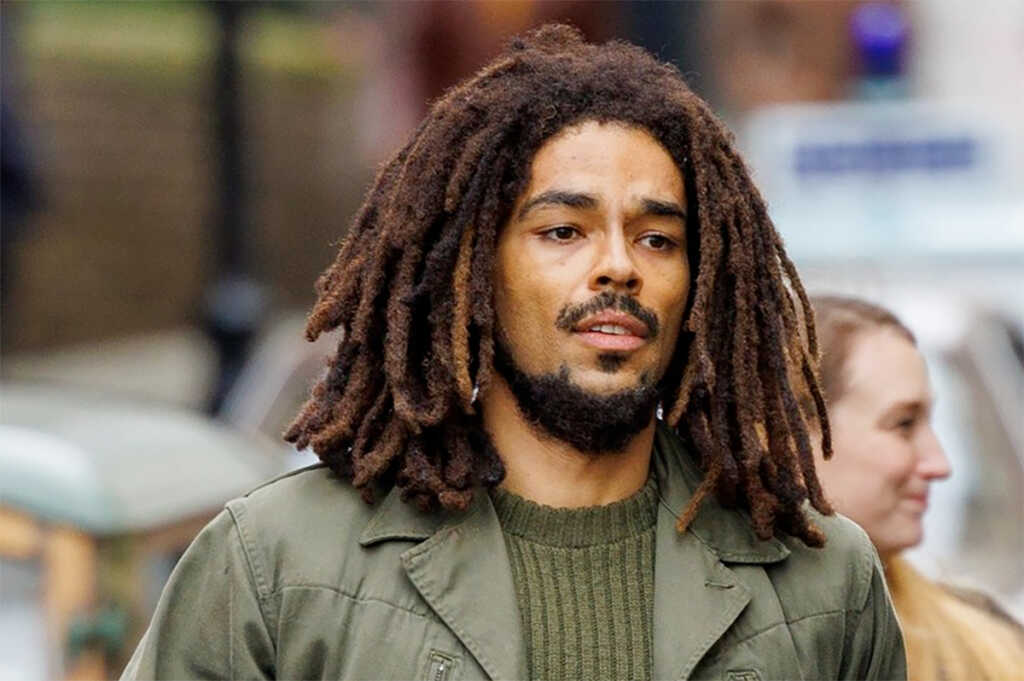
The actor Kingsley Ben-Adir initially turned down the role, saying it was too risky. What changed his mind?
Over the past four years, he has taken on challenging roles such as former US president Barack Obama in The Comey Rule and civil rights activist Malcolm X in One Night In Miami.
However, the idea of portraying Bob Marley proved to be particularly intimidating for him.
“He can’t be imitated, copied, or choreographed,” the 37-year-old actor reflects. “It’s just impossible. His essence is too spontaneous.”
Initially, when the opportunity arose, he declined. The magnitude and risk of the role felt overwhelming.
“It’s a weighty responsibility and a profoundly serious character,” acknowledges Ziggy Marley, Bob’s son and one of the guardians of his legacy.
The quest for the right portrayal spanned over 30 years. Directors like Martin Scorsese and Oliver Stone attempted but ultimately failed to bring the reggae icon to life on the big screen.
Even Rita, his widow, came close. In 2008, Miramax acquired the rights to her autobiography, and Rita expressed her desire for Lauryn Hill to depict her. However, the project never materialized.
Reinaldo Marcus Green, the individual ultimately responsible for bringing the project to fruition, was initially approached by Paramount Studios while he was editing “King Richard,” the Oscar-winning drama centered on the father of tennis icons Venus and Serena Williams. Upon encountering the material, Green immediately felt a deep resonance with it.
What captivated him was the narrative approach. Instead of opting for a conventional cradle-to-grave biopic, the film would concentrate on a specific two-year period.
The story unfolds in 1976, a time when Bob Marley had already achieved stardom, yet Jamaica was in the throes of political upheaval. Kingston was besieged by a series of political shootings and bombings as tensions between the major parties spilled onto the streets.
Despite Marley’s efforts to remain neutral, his decision to organize a peace concert angered factions on both sides. Just prior to the event, seven armed assailants raided Marley’s supposed safe haven at 56 Hope Road while he rehearsed with his band. During the attack, Rita Marley sustained a gunshot wound to the head, while Bob narrowly avoided a bullet aimed at his chest, which instead lodged in his arm.
Remarkably, both survived the ordeal. However, shortly thereafter, Marley chose self-imposed exile in London. There, he channeled his feelings of betrayal, anger, and eventual hope into a new album, “Exodus.”
Released in 1977, the album featured some of Marley’s most beloved tracks, including “Jamming,” “Three Little Birds,” “One Love/People Get Ready,” and the poignant title track.
Regarded as a milestone not only in reggae but in the broader realm of rock and roll, “Exodus” was hailed as “the best album of the 20th Century” by Time Magazine.
“Exodus is a groundbreaking and innovative record,” remarks Ziggy Marley. “Its openness reflects Bob’s essence.”
“It was a pivotal period for him, steeped in character and historical significance,” notes Green. “By zeroing in on that timeframe, we can shed light on the person he truly was.”
Green emphasizes the importance of highlighting the human aspect, given Marley’s near-deification, making it challenging to imagine him grappling with issues such as identity, paranoia, and the burdens of fame.
“To gain insight into his inner workings – his essence, his thoughts – is truly remarkable.”
Ben-Adir shared the same sentiment. Upon reviewing the script for One Love, he relinquished his apprehensions and submitted a blind audition.
“It was the initial tape where I was struck by his commanding presence,” Green remarks.
“His facial expressions, the depth in his eyes conveyed a wealth of emotion through the camera. I immediately sensed we had the groundwork to create something remarkable.”
However, there lay a challenge: Ben-Adir lacked singing, dancing, and guitar-playing skills. Despite this, upon accepting the role, he had only 10 weeks to get ready.
While on the set of the Barbie movie in Leavesden, where he portrayed Basketball Ken, he sought permission from director Greta Gerwig to study during breaks. She accommodated him by creating a designated area called the “Bob Station” in Barbie-land, situated right behind the Mojo Dojo Casa.
The experience was quite surreal; one moment, Ben-Adir would be immersed in the world of I’m Just Ken, and the next, he’d be engrossed in studying the cadences of Redemption Song, clad in his paisley shirt.
“I was brimming with nervous energy, eager to dive straight into work,” he recalls.
Fortunately, filming was delayed from June to December, granting Ben-Adir additional time for preparation.
“In hindsight, the original timeline was not feasible,” he reflects. “The language nuances and patois demanded extensive attention, making a June start date impractical.”
The utilization of the patois was paramount. The Marley family aimed for the film’s authenticity, necessitating a full embrace of the musician’s Trench Town dialect.
Ben-Adir immersed himself in countless hours of archived interviews and unreleased recordings, absorbing the language and subsequently collaborating with specialists to translate the script from its original English.
“I want the audience to experience moments where they don’t grasp every word I’m saying, because that’s genuine,” explains the actor.
“Listening to Bob for two hours, unless you’re Jamaican, you won’t catch everything he says. Even I struggled to understand everything!
“So, Rei[naldo] and I engaged in a fascinating process to balance comprehension with the emotional depth of the narrative; we want you to feel the story, even if you don’t catch every linguistic nuance.”
An initial cut of the film previewed by the BBC indicates that subtitles may not be necessary, as the slang enhances the immersive experience.
Ben-Adir’s dedication extended beyond just mimicking the voice. He meticulously studied countless hours of concert footage and taught himself how to play the guitar from scratch, persisting until his fingertips were sore, according to Green.
At one juncture, the actor even attempted to compose his own songs, just to grasp the sensation.
“They were atrocious!” he chuckles. “I couldn’t imagine subjecting anyone to them. It was cringe-worthy.
“But the essence is not that I lack skill as a songwriter—it’s that I gained a deeper appreciation for Bob’s musical genius and unwavering commitment.
“You see, he was fiercely competitive. He’d pick up his guitar at four or five in the morning, relishing the rawness of his voice at that hour.
“He’d strum away all day, take a break for football, then toil in the studio until the wee hours. He didn’t waste a moment.”
In January 2023, the BBC was granted access to Alexandra Palace to witness Ben-Adir’s performance. The stage was meticulously crafted to mirror Bob Marley & The Wailers’ Exodus tour, teeming with extras donning paisley shirts, bell-bottom flares, and false mustaches.
Accompanied by the offspring of Wailers’ musicians Junior Marvin and Aston Barrett, the band authentically played classics like Exodus and Lively Up Yourself while Ben-Adir received some last-minute guidance from a movement coach.
As the clapperboard snapped shut, the actor approached the microphone. “Greetings in the name of his majesty,” he intoned, instantly evoking Marley’s presence.
He moved with a fervor that seemed otherworldly, his dreadlocks swaying as if guided by the music.
Reflecting on his performance, the actor remarked, “When he sings, it’s as if he’s channeling something deeper. His eyes often shut, seeking to grasp the essence of the song’s message.
“It always felt like he was singing for his very life, with each step onto the stage.”
Ziggy Marley, seated in the stalls, expresses his admiration for the performance, particularly praising Kingsley’s thorough preparation and unique suitability for the role. He emphasizes that the film aims to do more than just present a polished image of Bob Marley; rather, it seeks to unravel the complexities of his legend.
According to Ben-Adir, who plays Bob Marley, the film delves into the internal struggles and vulnerability the iconic musician experienced, especially following the shooting incident. Ziggy Marley adds that the years depicted in the film were formative for his father, shedding light on aspects of his life beyond the public persona.
In essence, the film aims to challenge preconceived notions about Bob Marley, revealing dimensions of his character that were previously unknown.
Read More: Ryan Gosling ‘disappointed’ at Greta Gerwig and Margot Robbie’s Oscar snubs

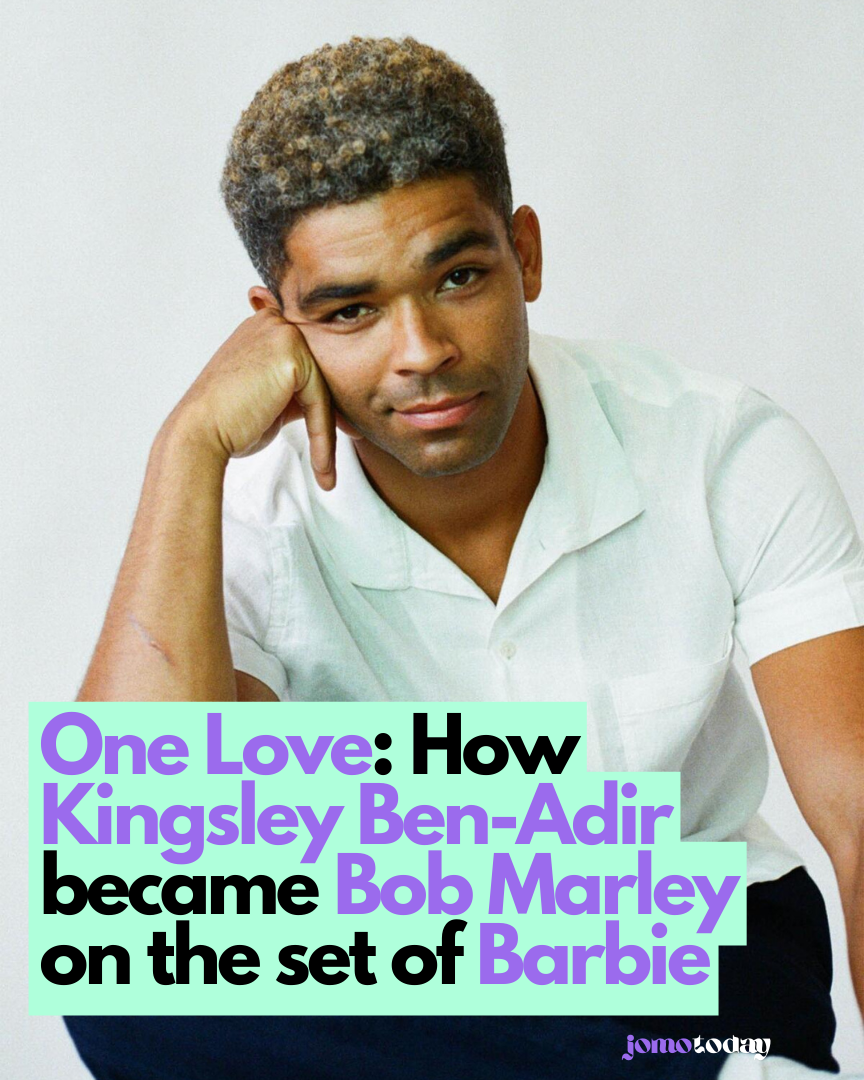
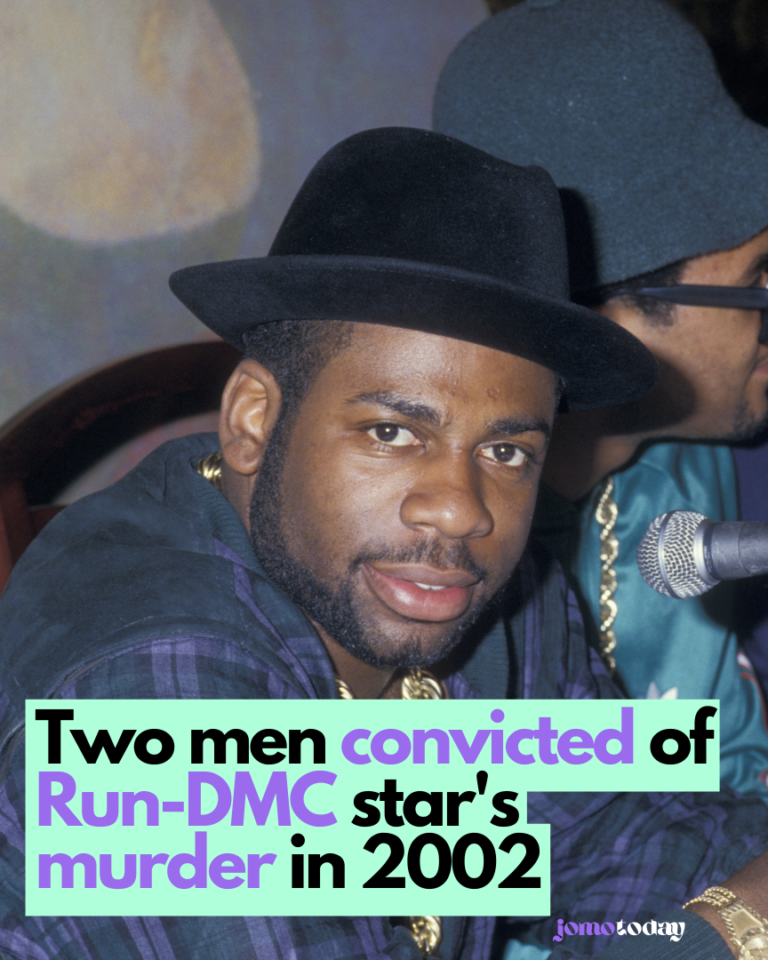
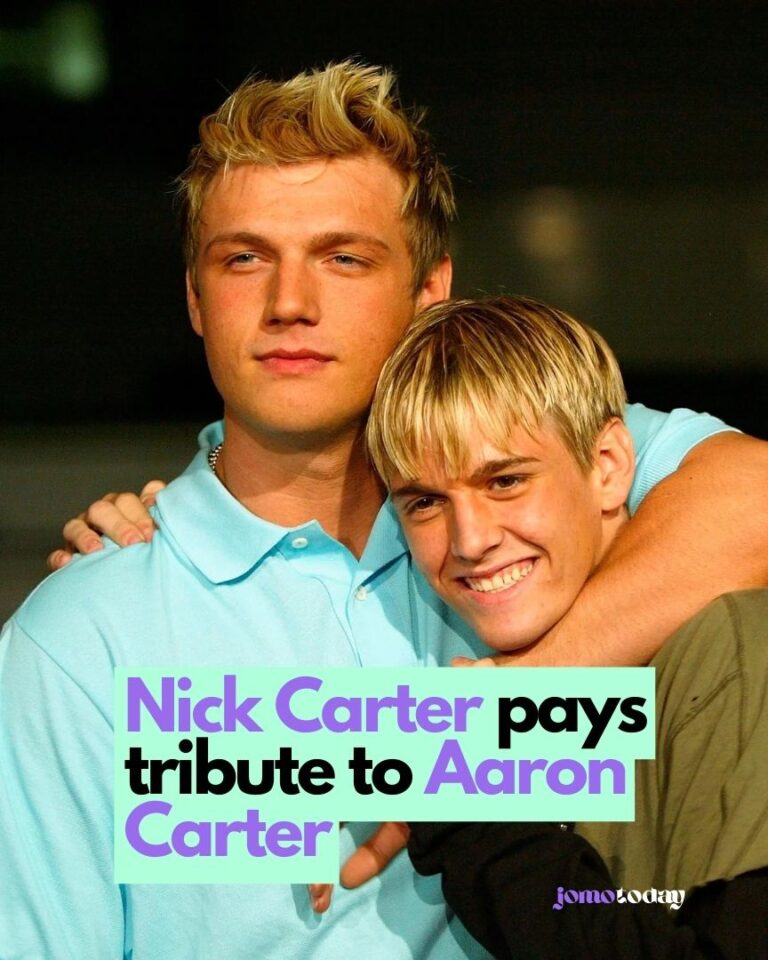

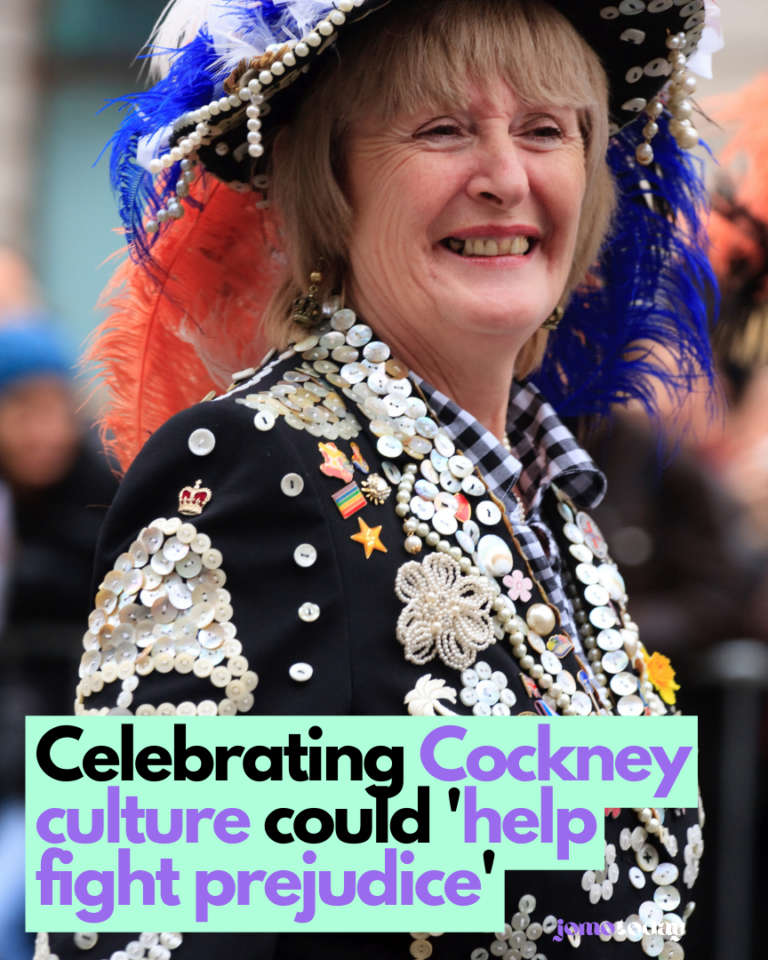
Leave a Comment